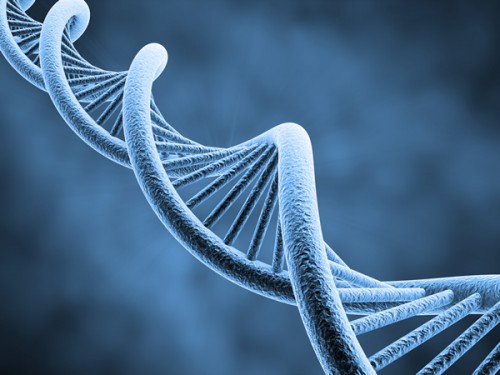 A new study challenged the assumption that evolution relies solely on genes passed down as it finds that humans contain ‘alien’ genes not passed on from our ancestors.
A new study challenged the assumption that evolution relies solely on genes passed down as it finds that humans contain ‘alien’ genes not passed on from our ancestors.
They say we acquired essential ‘foreign’ genes from the micro-organisms co-habiting their environment in ancient times.
The research, published in the journal Genome Biology, focuses on the use of horizontal gene transfer, the transfer of genes between organisms living in the same environment.
“This is the first study to show how widely horizontal gene transfer (HGT) occurs in animals, including humans, giving rise to tens or hundreds of active ‘foreign’ genes,” said lead study author Alastair Crisp from the University of Cambridge.
“Surprisingly, far from being a rare occurrence, it appears that HGT has contributed to the evolution of many, perhaps all, animals and that the process is ongoing, meaning that we may need to re-evaluate how we think about evolution,” Crisp added.
The researchers studied the genomes of 12 species of fruit fly, four species of nematode worm, and ten species of primate, including humans.
They calculated how well each of their genes aligns to similar genes in other species to estimate how likely they were to be foreign in origin. By comparing with other groups of species, they were able to estimate how long ago the genes were likely to have been acquired.
In humans, they confirmed 17 previously-reported genes acquired from horizontal gene transfer, and identified 128 additional foreign genes in the human genome that have not previously been reported.
A number of genes, including the ABO gene, which determines an individual’s blood group, were also confirmed as having been acquired by vertebrates through horizontal gene transfer.
The majority of the genes were related to enzymes involved in metabolism.
The team was able to identify the likely class of organisms the transferred genes came from. Bacteria and protists, another class of micro-organisms, were the most common donors in all species studied.
Some genes were identified as having originated from fungi.